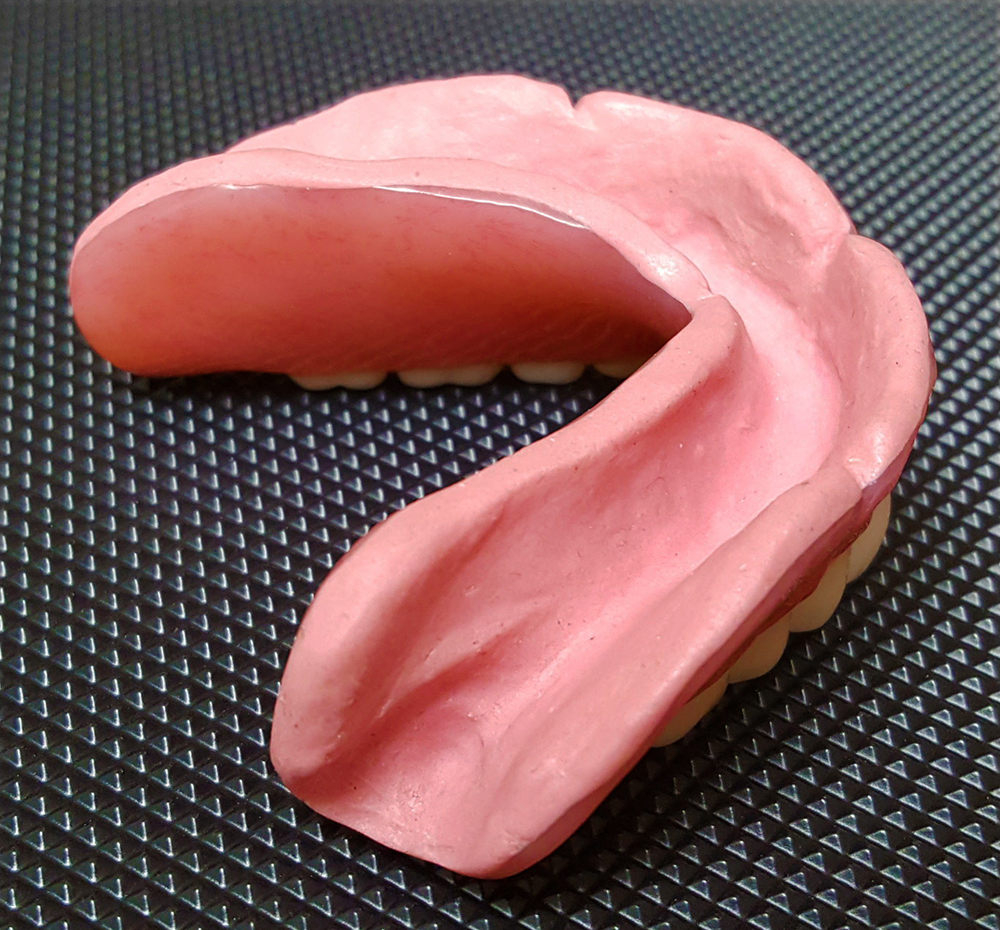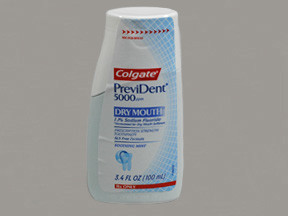Denture Implants Vs Dentures

When considering tooth replacement options, individuals often find themselves torn between denture implants and traditional dentures. Both solutions aim to restore the functionality and aesthetics of a natural smile, but they differ significantly in terms of procedure, benefits, and longevity. Understanding the nuances of each option is crucial for making an informed decision that aligns with one’s health, lifestyle, and preferences.
Historical Evolution of Dental Implants
The concept of dental implants has evolved over centuries, with early civilizations using materials like gold, ivory, and even human teeth in an attempt to replace missing ones. However, the modern dental implant, as we know it today, began taking shape in the 20th century with the discovery of osseointegration by Swedish orthopedic surgeon Per-Ingvar Brånemark. This phenomenon, where bone integrates with titanium, revolutionized the field of dentistry by offering a stable, long-term solution for tooth loss. Since then, advancements in materials, design, and surgical techniques have made dental implants a preferred choice for many, offering durability, comfort, and a natural appearance.
Comparative Analysis: Denture Implants vs. Dentures
Procedure and Recovery
Denture Implants: This procedure involves surgically placing titanium posts (implants) into the jawbone. Over time, the bone grows around the implant, securing it in place. Once integrated, a crown or bridge is attached to the implant, restoring the missing tooth or teeth. The process can be lengthy, typically requiring several months for the implant to osseointegrate before the final prosthetic is attached. During this time, patients may wear temporary dentures.
Dentures: Traditional dentures are removable appliances that mimic the appearance and function of natural teeth. They can be complete (replacing all teeth in an upper or lower jaw) or partial (replacing a few missing teeth). The process of getting dentures involves several appointments for impressions, fittings, and adjustments. Dentures rest directly on the gums and can be secured with adhesives or, in the case of partial dentures, with clasps.
Benefits and Drawbacks
Denture Implants: The primary benefits of dental implants include their durability (often lasting 20 years or more with proper care), natural feel, and the fact that they prevent bone loss, which can lead to a sunken facial appearance. However, they are generally more expensive than dentures and require sufficient bone density for successful integration. The surgical nature of the procedure can also deter some individuals.
Dentures: Traditional dentures offer a non-surgical solution for tooth loss, which can be appealing to those hesitant about surgery or with insufficient bone density for implants. They are also typically less expensive than dental implants, at least initially. However, dentures may require periodic adjustments and can cause irritation or discomfort. Over time, the cost of replacing or repairing dentures can accumulate, and they do not prevent bone loss.
Lifestyle Considerations
Denture Implants: For individuals who value a low-maintenance, long-term solution and are willing to invest in their oral health, dental implants can be highly satisfying. They function and feel like natural teeth, allowing for normal eating, speaking, and oral hygiene practices without the worry of slipping or discomfort.
Dentures: Dentures can be a good option for those seeking an immediate solution for tooth loss or with financial constraints. They require regular care, including removal and cleaning, and may need adjustments over time. Some people adapt well to dentures, while others find them inconvenient or uncomfortable.
Expert Insights
According to dental experts, the success of either option depends significantly on the individual’s oral health, the extent of tooth loss, and personal preferences. Dental implants are often recommended for their longevity and natural feel, but they require a commitment to the process and sufficient bone support. On the other hand, dentures offer a quicker, less invasive solution but may require more maintenance and adjustments over time.
Future Trends in Dental Implants
Advancements in technology and materials continue to improve the field of dentistry, with dental implants being no exception. Researchers are exploring new materials and designs that could enhance osseointegration, reduce healing times, and make implants more accessible and affordable for a broader range of patients. Additionally, digital dentistry, including 3D printing and computer-aided design, is streamlining the process of creating custom implants and prosthetics, promising more precise fits and enhanced patient satisfaction.
Practical Application Guides
For those considering either option, it’s essential to consult with a dental professional to discuss specific needs and circumstances. Here are some practical steps:
- Assessment: Have a comprehensive dental examination to assess the condition of your gums, jawbone, and remaining teeth.
- Discussion of Options: Talk to your dentist about the pros and cons of each option, considering your health, budget, and personal preferences.
- Creation of a Treatment Plan: Based on your decision, work with your dentist to create a detailed treatment plan, including timelines, costs, and what to expect during and after the procedure.
- Follow-Up Care: Whether you opt for dental implants or dentures, regular follow-up appointments are crucial for ensuring the longevity and success of your chosen solution.
Decision Framework
When making your decision, consider the following criteria:
- Longevity: How long do you expect the solution to last?
- Comfort and Functionality: How important is it for your teeth replacement to feel and function like natural teeth?
- Budget: What are your financial constraints, and how do they impact your decision?
- Health Considerations: Do you have any health issues that could affect the success of dental implants or dentures?
- Lifestyle Preferences: How will your choice impact your daily life, including eating, speaking, and oral hygiene practices?
Conclusion
The choice between denture implants and traditional dentures is deeply personal and should be based on a thorough understanding of each option’s benefits and drawbacks. By considering your unique circumstances, health, and preferences, you can make an informed decision that not only restores your smile but also enhances your overall quality of life. Whether you opt for the modern, long-term solution of dental implants or the more traditional approach of dentures, the key to satisfaction lies in careful consideration and consultation with dental professionals.
How long do dental implants last?
+Dental implants can last for 20 years or more with proper care and maintenance. Regular dental check-ups, good oral hygiene, and a healthy lifestyle contribute to their longevity.
Are dentures comfortable?
+Dentures can be comfortable for many people, especially after an initial adjustment period. However, some individuals may experience discomfort, irritation, or difficulty speaking and eating.
Can anyone get dental implants?
+Most adults can be candidates for dental implants, but the procedure requires sufficient jawbone density to support the implant. Certain health conditions, such as uncontrolled diabetes, or significant bone loss may affect the success of the implant.
How do I care for my dentures?
+Caring for dentures involves daily cleaning with a mild soap and water, storing them in a disinfectant solution when not in use, and regular dental check-ups for adjustments and professional cleaning.
Are dental implants expensive?
+Dental implants can be more expensive than traditional dentures, especially when considering the cost of the procedure, materials, and follow-up care. However, their durability and low maintenance over time can make them a cost-effective option in the long run.
Can I eat normally with dentures or implants?
+With dental implants, you can eat most foods without restriction, as they function like natural teeth. Dentures may require some dietary adjustments, especially during the initial period, to avoid discomfort or dislodgement.


